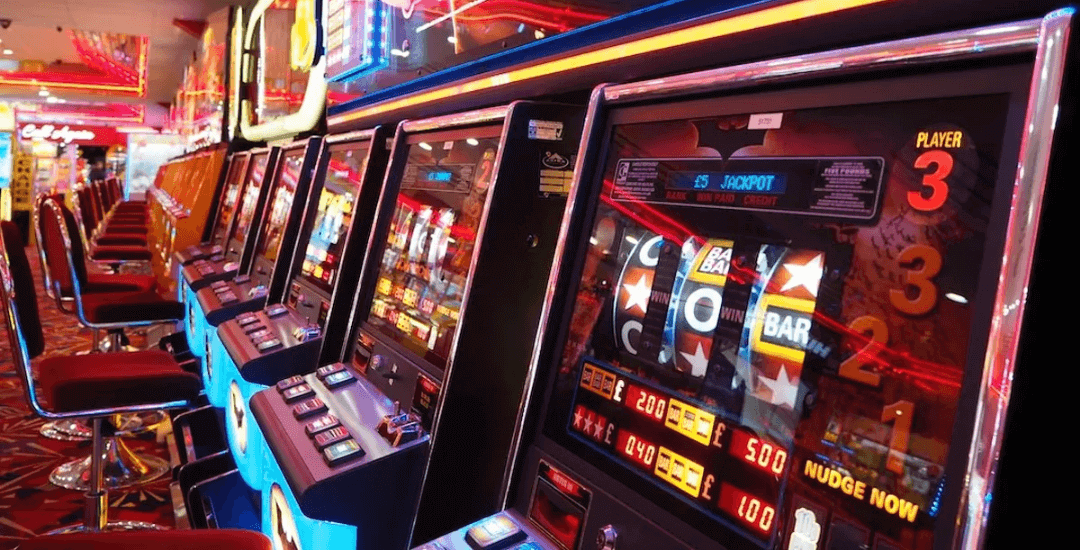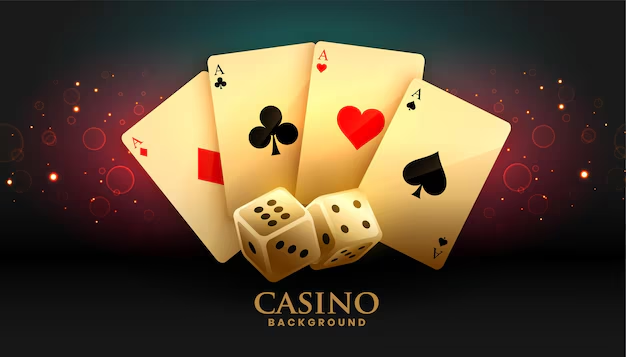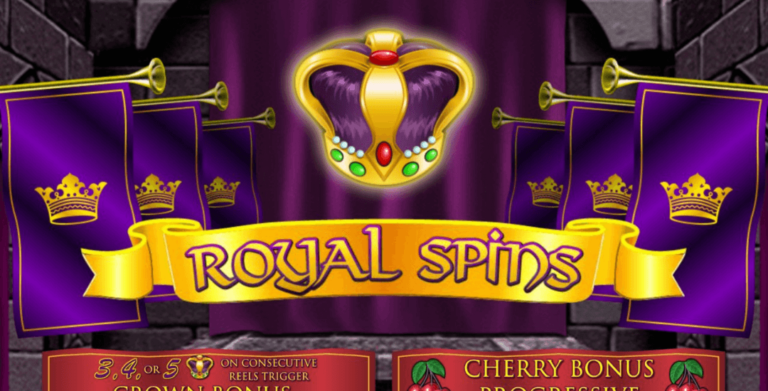What Are Progressive Slots?
Progressive slots are a special type of slot game that features ever-increasing jackpots that accumulate as players place their bets. Unlike traditional slot machines, where the jackpot remains fixed, progressive slots pool a small percentage of each wager into a grand prize. This prize continues to grow until one lucky player hits the jackpot.
These games are immensely popular due to the potential for life-changing payouts, with some jackpots reaching millions of dollars. They are available in both online and land-based casinos and come in various themes and mechanics to suit different player preferences.
How Do Progressive Jackpot Games Work?
Understanding Progressive Jackpots
Progressive jackpots are unique in that they grow with every player’s wager. Each time someone spins the reels, a portion of their bet is added to the jackpot pool. This mechanism means that the prize continues to increase until it is won, which often results in massive payouts.
Additionally, once the jackpot is claimed, it resets to a pre-set “seed value” determined by the game provider. This ensures that there’s always an attractive prize to aim for, even immediately after a win.
The Role of the Jackpot Meter
The jackpot meter is a visual display found on progressive slot games, showcasing the current jackpot amount. It updates in real-time, allowing players to see exactly how much they stand to win.
For instance, a slot game may start with a seed jackpot of $1 million. As players place their bets across the network, the jackpot meter grows, creating excitement and drawing more players to the game.
Benefits of Linked Progressive Slots
Linked progressive slots offer even greater opportunities for massive jackpots. These games are interconnected across multiple casinos, pooling together wagers from all participants.
Advantages:
- Increased jackpot growth due to a larger player base contributing.
- Potential for record-breaking payouts as seen in games like Mega Moolah and Mega Fortune.
However, the odds of winning are slightly lower compared to standalone progressives because the pool of players is larger.
Progressive Jackpot Mechanics
Playing with Maximum Stake
How Maximum Stakes Affect Winnings
Some progressive slots require players to bet the maximum stake to be eligible for the jackpot. Betting less than the maximum may disqualify a player from winning the top prize, even if they hit the winning combination.
For example, on Mega Moolah, you can still win secondary prizes at lower bets, but the highest jackpot is reserved for those placing maximum wagers.
Ticket System Mechanics for High-Stakes Jackpots
In high-stakes progressive games, players may earn “tickets” for each spin. The higher the stake, the more tickets are issued. These tickets increase the player’s chances of triggering the jackpot by aligning with the winning algorithm.
Random Jackpot Wins
Eligibility for Random Wins
Random jackpot wins don’t require any special symbols or bonus game triggers. These wins are activated entirely at random, making it possible for even a low-stakes player to hit the jackpot.
Despite their random nature, some games have minimum betting requirements to qualify for the jackpot, so always check the game rules.
Winning Through Symbol Combinations
Other progressive slots require players to line up a specific set of symbols on designated paylines to trigger the jackpot. For example, aligning five identical jackpot symbols across the reels on the 15th payline could unlock the prize.
These games often feature simple gameplay mechanics, making them user-friendly for players of all experience levels.
Unlocking Bonus Rounds
In some progressive slots, players must activate a bonus game to qualify for the jackpot. This could involve spinning a prize wheel, selecting matching cards, or completing another interactive task.
The Bonus Game Process:
- Trigger the bonus game through specific game conditions, such as landing scatter symbols.
- Compete for various prizes, including the progressive jackpot.
Importance of Random Number Generators (RNGs)
RNGs ensure fairness in progressive slots by generating random outcomes for every spin. This technology is what keeps slot gameplay unpredictable and secure.
Even if a jackpot hasn’t been won in months, RNGs work the same way, ensuring that there’s no “due” timing for a win. Each spin has an equal probability of hitting the jackpot.
Types of Progressive Jackpots
Standalone Progressive Slots
Standalone progressive slots are independent machines where the jackpot is built from bets placed exclusively on that machine.
Key Features:
- Smaller jackpots compared to linked slots, due to fewer players contributing.
- Higher chances of winning since the jackpot pool is localized to a single game.
These slots are best for players who prefer to keep things simple while still enjoying the thrill of progressive gameplay.
Local Progressive Jackpots
Local jackpots connect multiple machines within the same casino or online platform. These jackpots are larger than standalone progressives since more players are contributing.
Example: If a casino has ten linked machines, every wager placed on these machines will feed into the same jackpot. This allows for faster jackpot growth.
Network-Wide Progressive Slots
Also known as “wide-area” progressives, these slots are linked across multiple platforms and casinos, resulting in enormous jackpots.
Comparison Table:
| Type | Jackpot Size | Win Odds | Contributors |
|---|---|---|---|
| Standalone | Small | Higher | Single Machine |
| Local | Moderate | Medium | Several Machines |
| Network-Wide | Large | Lower | Multiple Casinos |
Players seeking the largest possible payouts often gravitate toward network-wide progressives like Mega Fortune or Mega Moolah, where jackpots have reached record-breaking sums in the past.













